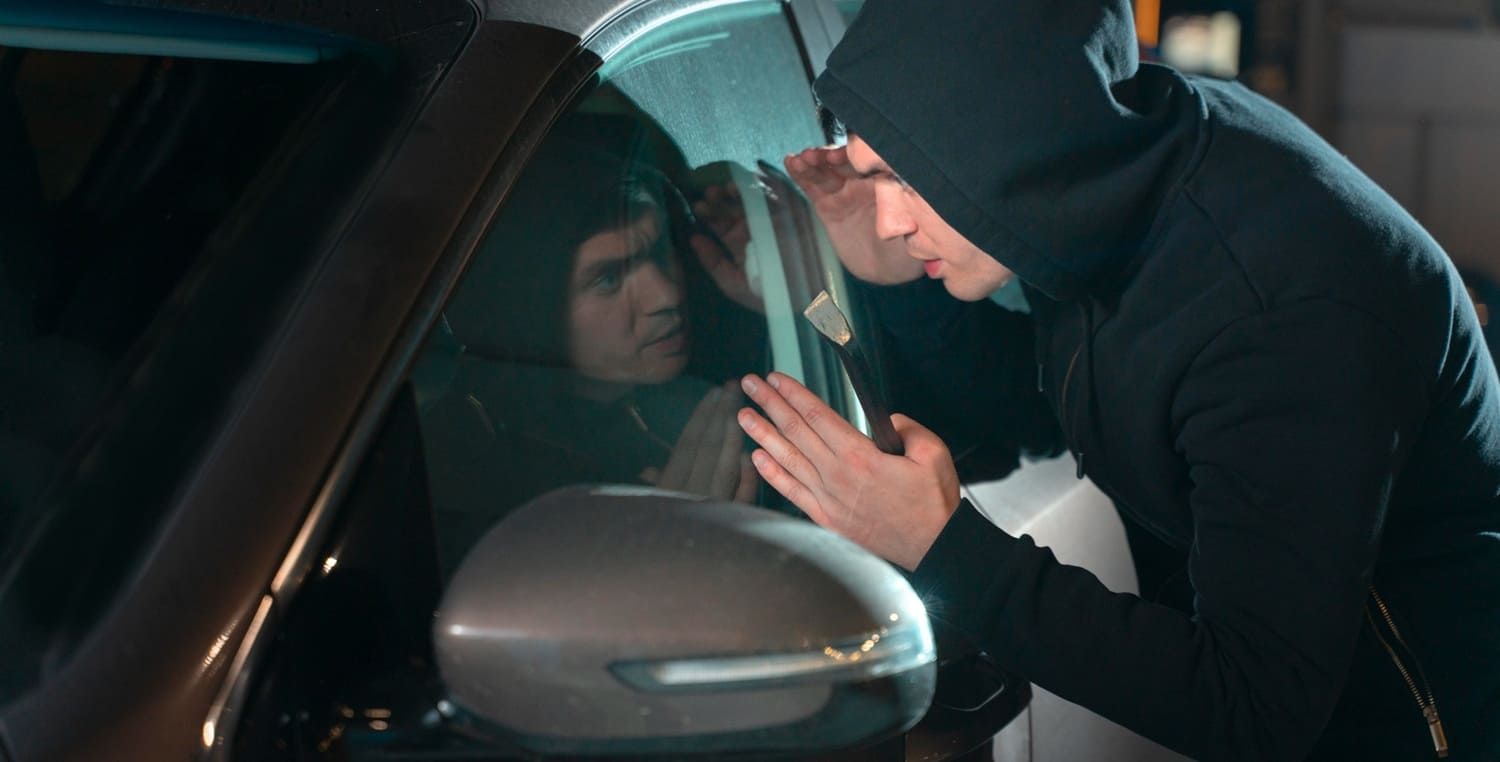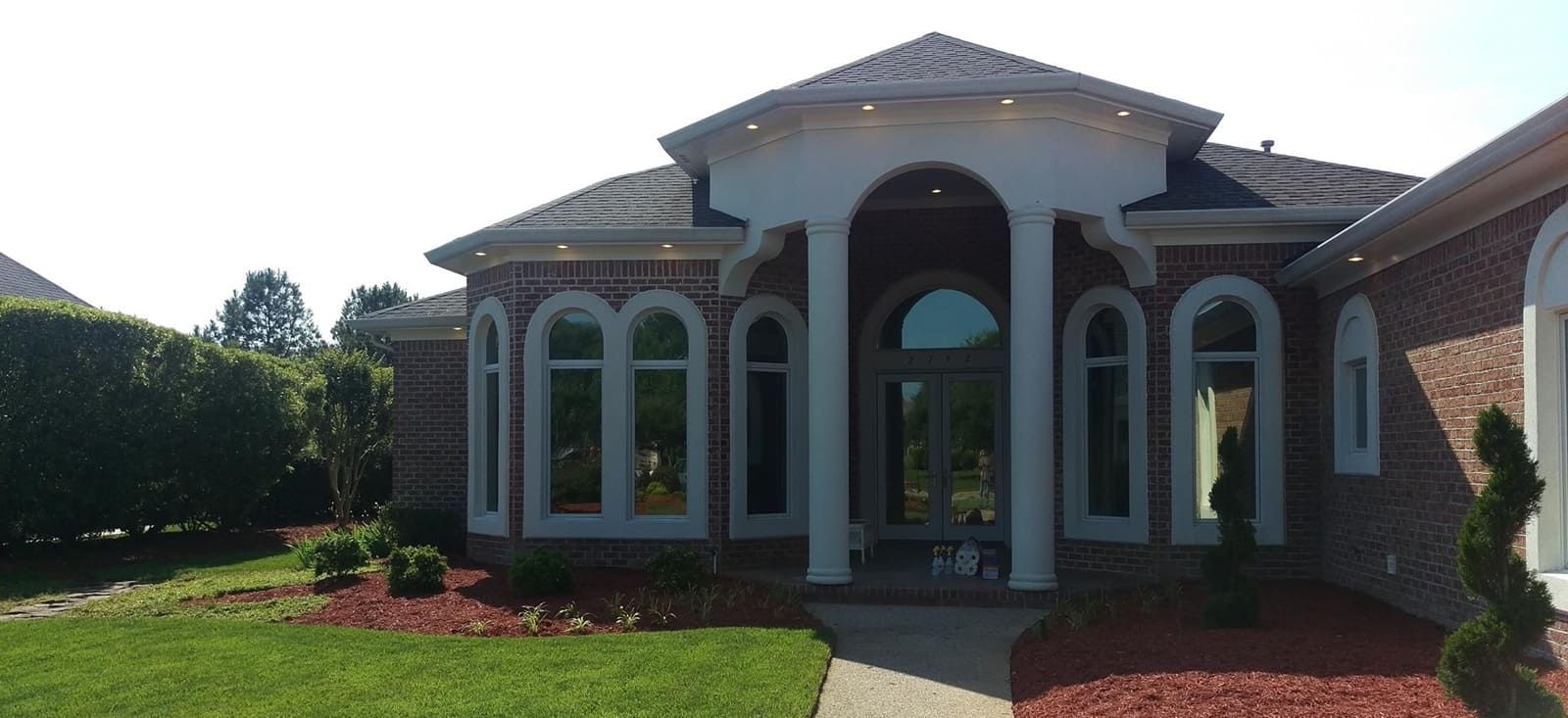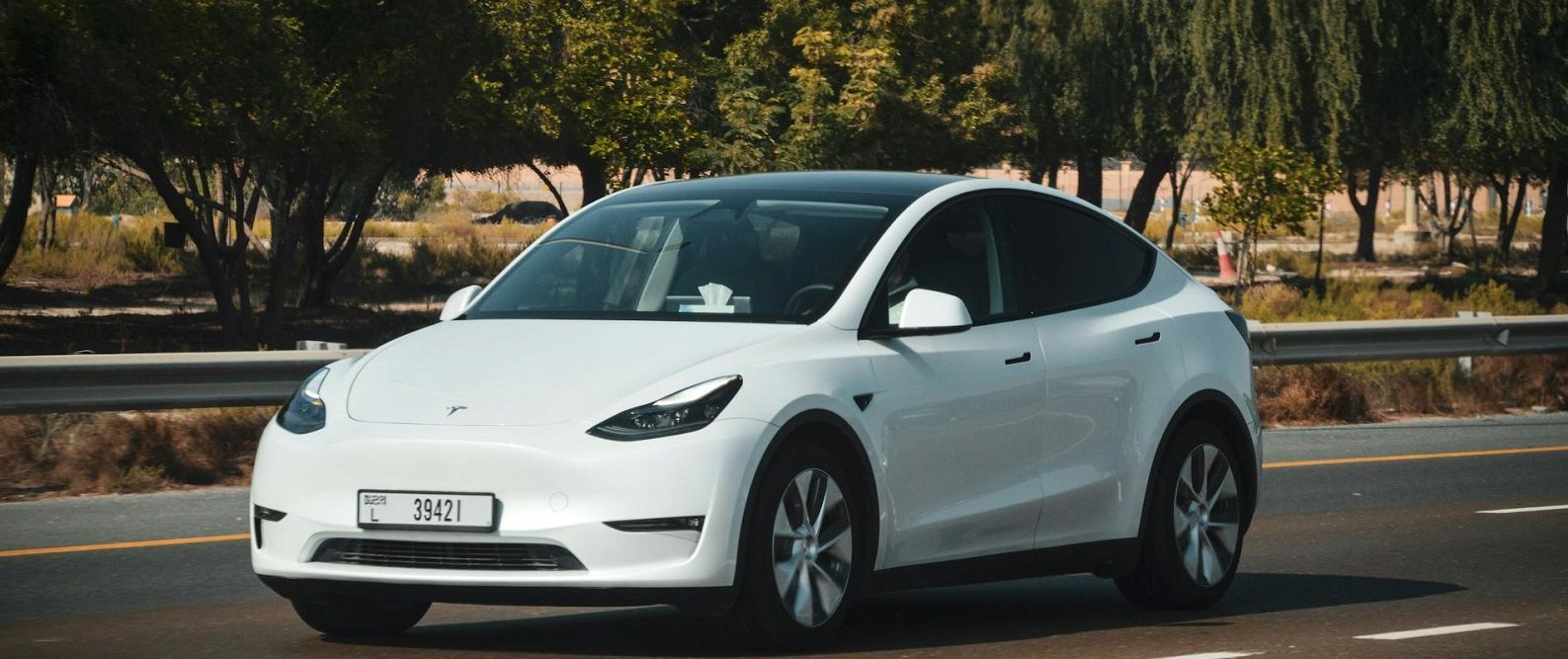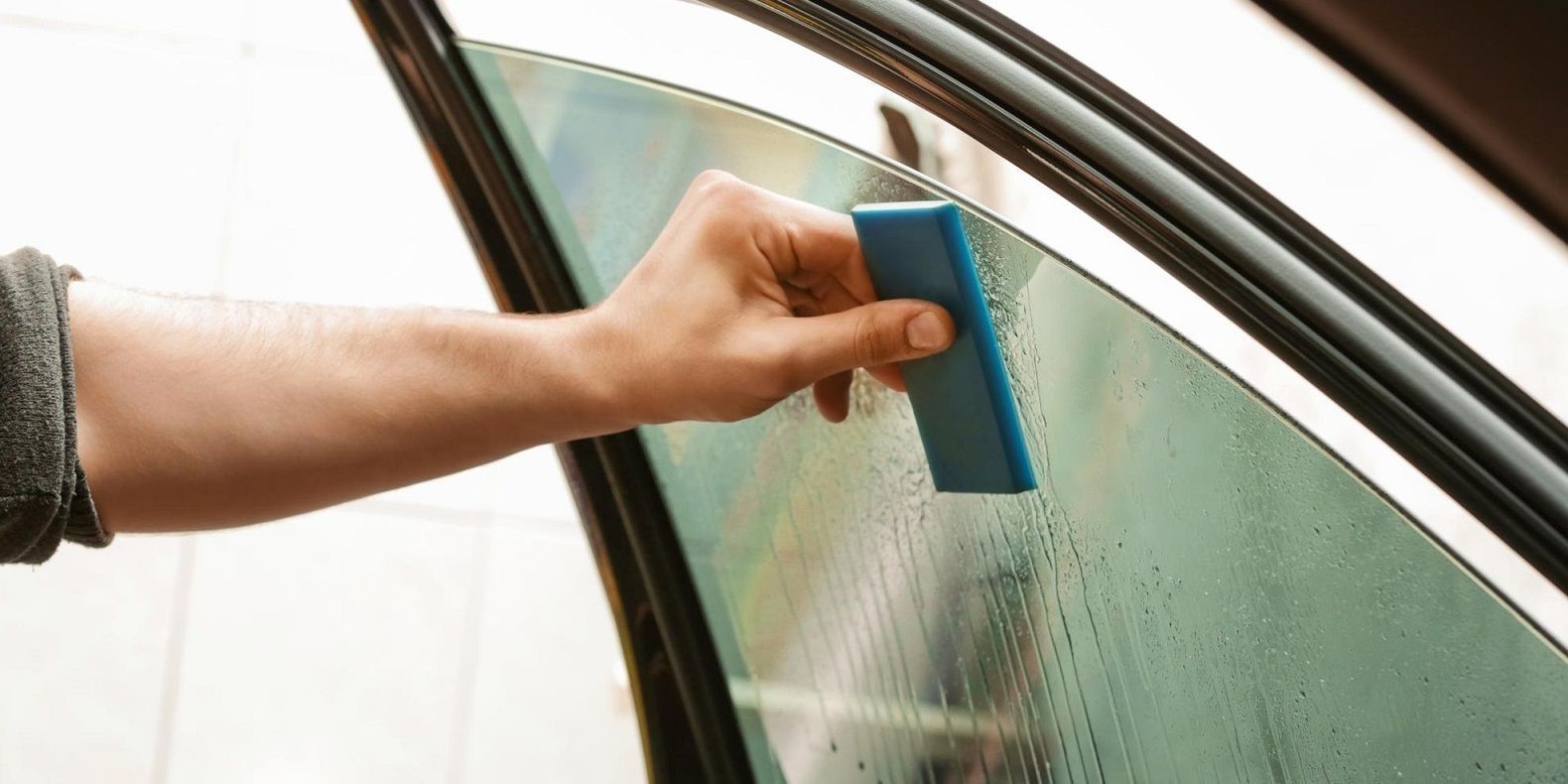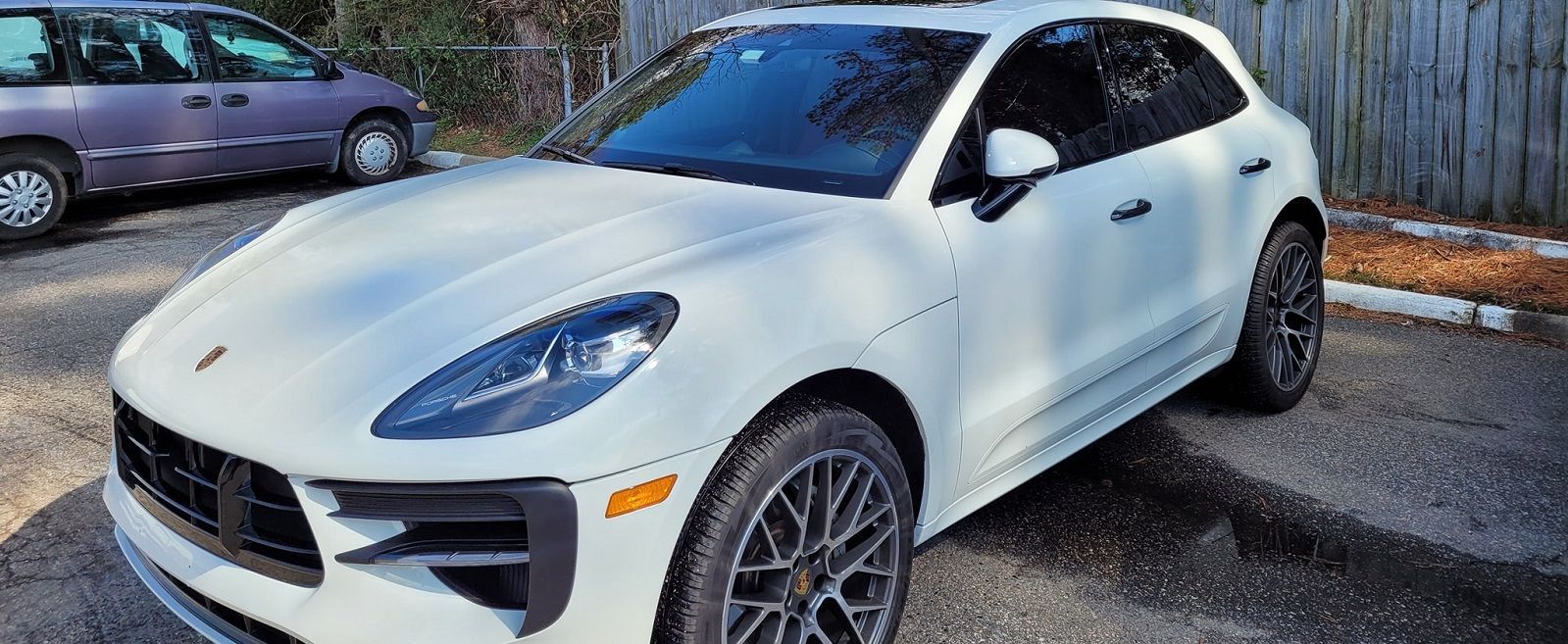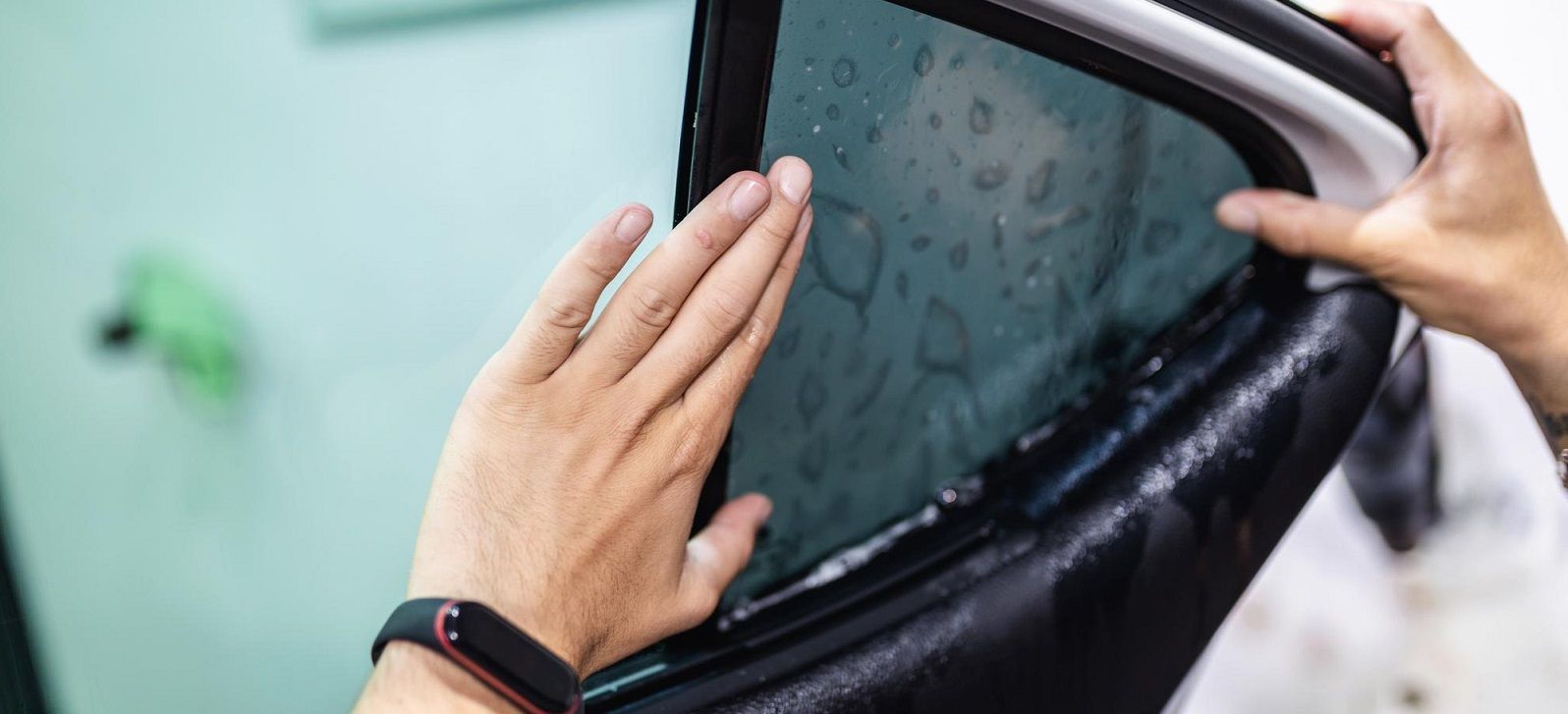4 Things to Know About Window Tint Percentages for Your Car
There are many reasons to get a car window tint, but what percentage is best? This guide lists 4 things to know about window tint percentages for your car.
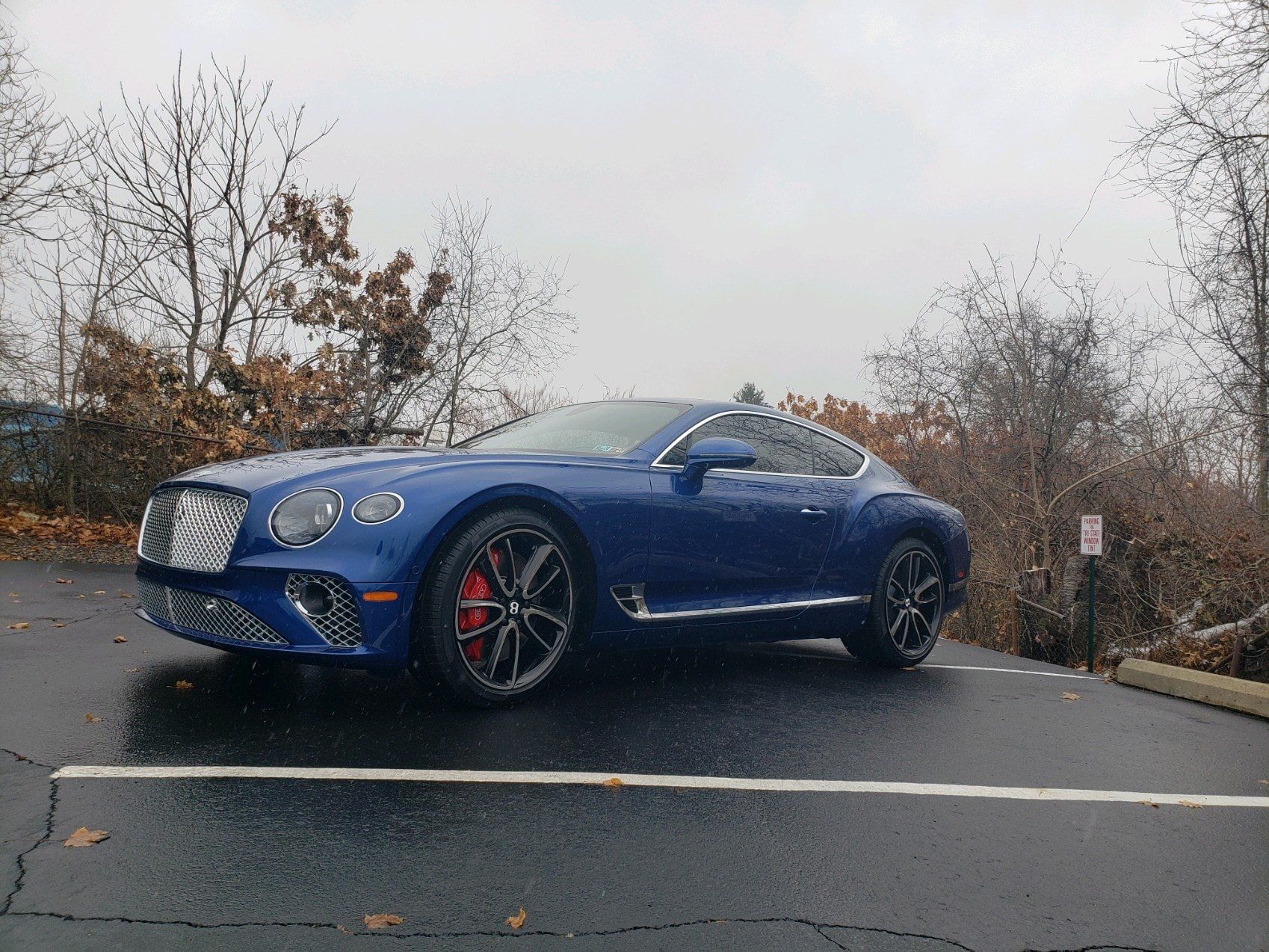
It keeps the heat out, protects the interior, provides better security, and keeps prying eyes from sneaking a peek into your car.
Tinting your windows gives your ride a lot of upgrades. But that doesn't mean you can buy any type of film you want and slap it on your windows. You have to find film that has the right window tint percentages.
But what does that mean?
We've put together this guide to help you figure out what tinting percentages are, why they matter, and how to find the right ones for your car.
So let's get started!
1. Higher Doesn't Mean Darker
The percentage you see on window tint refers to the VLT, or visible light transmission. This number shows you how much light can get through the film and into your car.
For example, if you install window tint that has a 50% VLT, the film will prevent 50% of the sun's rays from getting through the window. If your tint has a 20% percent VLT, it blocks 80% of the outside light.
Don't make the mistake of buying tint with a high VLT percentage thinking it will be darker. Otherwise, you'll end up with the opposite effect.
So how dark can you go?
It depends on a number of factors, including where you live, what you want out of your window tint, and how big your budget is. But just because you can go darker doesn't mean you should.
Remember, window tint blocks light from getting in your car. While this might be fine during the day, dark tints can make it hard to see during the night, which can lead to traffic accidents or injury. Make sure you consider these things before you spend your money on any type of window tint.
2. Every State Has Its Own Window Tinting Laws
You might want to install really dark tint on your windows to prevent other drivers from being able to see into your car... but that doesn't mean your state will allow you to do this.
Every state has its own laws regarding window tinting percentages. Because of this, you need to do your research before you apply anything to your windows. Otherwise, you could find yourself getting pulled over while you're driving or fined.
On top of that, you can't necessarily put the same type of window tint on all your windows. Take a look at the window tinting laws in Virginia:
- Front side windows - 50% VLT
- Back side windows - 35% VLT
- Rear window - 35% VLT
- Windshield - window tint can only be above the as-1 line
While you can put dark tint on your back windows, you have to keep the front windows much lighter. You also can't tint the entire windshield.
Don't get confused by the different percentages when looking up your state laws. If you need help figuring out what type of tint to use on which windows, you can always talk to a window tinting professional in your area.
3. You May Not Need to Tint All Your Windows
Before paying for any type of window tinting services, you should spend some time thinking about whyyou want window tint in the first place.
Do you want to keep the inside of your car cooler? Do you want to protect your upholstery? Do you want to improve your privacy?
You may not need to apply tint to all your windows.
Most of the sunlight that gets into your car enters through your windshield, so if you just want to keep your car from overheating, tinting your windshield and your front windows may be enough.
You should also consider your budget.
Trying to save money by buying cheap window film is never a good idea. This type of film won't last as long, and it can form bubbles, ripples, or rips over time that obscure your driving. If you don't have a large budget, it's worth saving up for a while so you can purchase quality products.
If you don't want to wait, you can always tint one (or two) windows at a time to make the job more affordable.
4. Your Windows Might Already Be Tinted
Just because you haven't tinted your windows before doesn't mean the glass is completely tint-free.
Some cars come with factory-installed window tint, but since this tint is clear, you may not even know you have it. You should always find out whether your car has tinted windows when you buy it. However, you can also talk to a window tinting professional to find out if your windows are clean or not.
Don't skip this step.
If you apply film on windows that are already tinted, you could end up with darker results than you thought. In some cases, you may even go past the legal percentage in your state. Then you'll have to spend extra money taking the film back off so you don't get into any trouble.
Double-checking the conditions of your windows will help you save a lot of money (and hassle) later.
Understanding Window Tint Percentages
Before you buy any type of window film for your car, you need to understand window tint percentages. Otherwise, you could end up going too dark and getting in trouble with the law.
Need some help figuring out the right VLT percentages for your car? Don't hesitate to get in touch with Applied Film Technology today to learn more about our services. You can also click here to schedule a window tinting appointment.

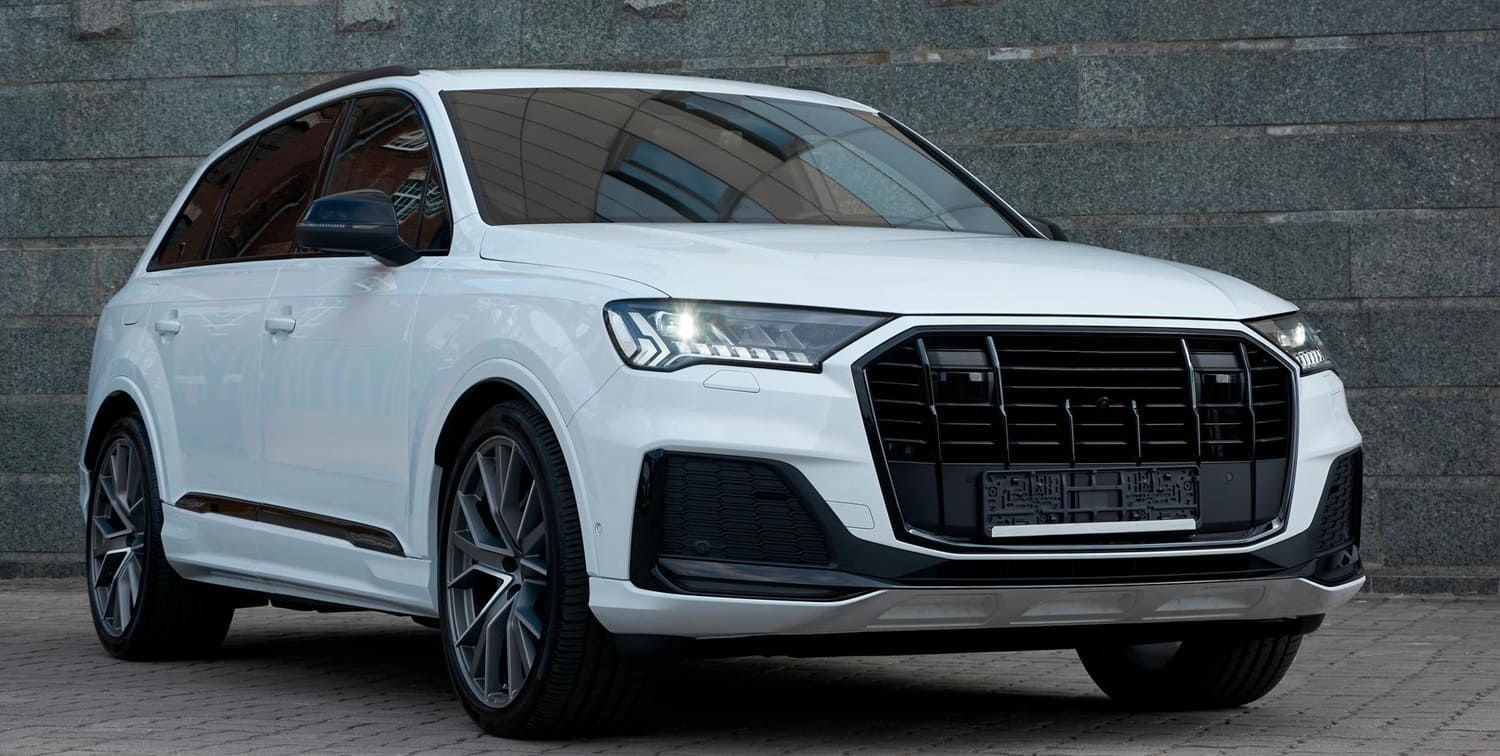
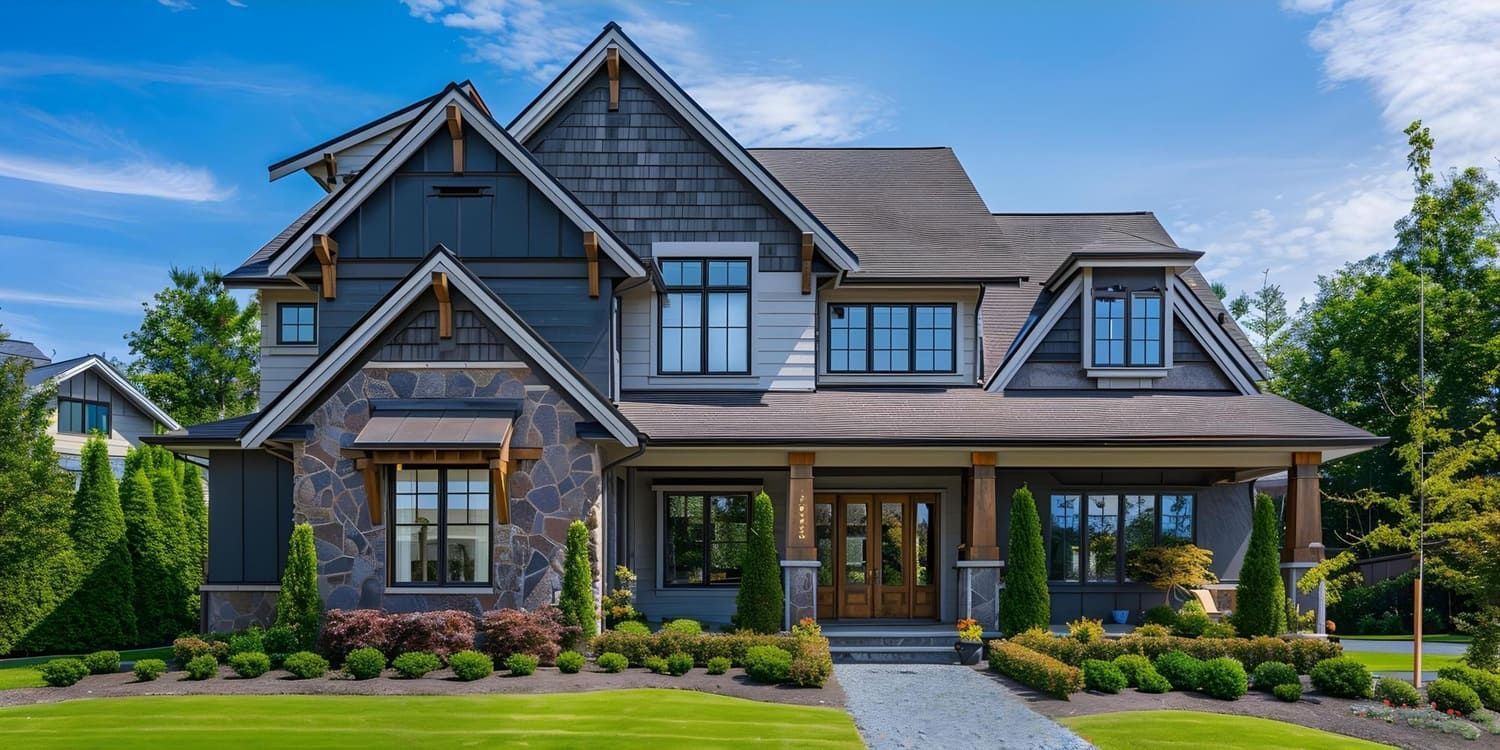
Business Hours:
Monday - Saturday: 8am to 5pm
Sunday: CLOSED
All Rights Reserved | Applied Film Technology


